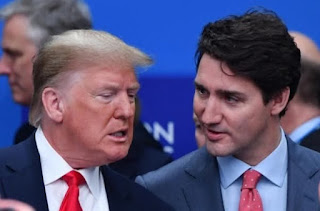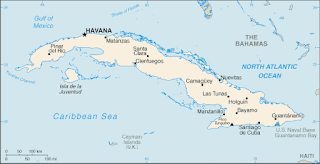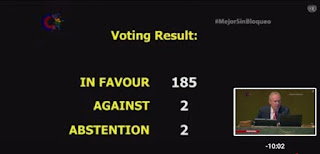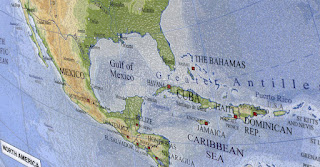Cubanism is about solidarity
“DEO ADJUVANTE, NON TIMENDUM
“WITH GOD AS MY HELPER, I HAVE NOTHING TO FEAR”
"CUBA WILL RISE"
By Dr Kevin Alcena
Because of the seemingly growing concept of rich /poor country relationship, concerns toward development countries and their policies have experienced a tremendous leap in international arenas in a relatively short period of time.
Much of this conversation was influenced by the teachings of the counter - revolution of the late - 1950s. Clearly, it was a revolution emphasizing the importance of promoting markets whilst cautioning the hazard of government policies in negatively affecting the benefit; to promote human development policies rather than concentrating on the physical capital, and the unappealing effect of some government polices toward economic.
In the past, the underlying cause of inadequate development were thought to be found in the lack of the criminal embargo that was imposed by the USA against Cuba. Now they do not want them to have oil. Shame! It took the arrival of the counter-revolution to divert the concentration elsewhere to a specific cause, which I feel will ultimately constitute a new trend for the like of 'Cubanism.
Today is a power trip; no empathy about how a person live off $20 pesos - this is crazy, especially a family with 5 little children. Where is the outcry? It is not even the superego judging the ego. It's our own capacity for lack of empathy, increasing until it becomes a kind of compulsion -neurosis where reverence and destruction alternate, and we reverently destroy our Cuba land. We deny The Cuban people their rights like little children.
Cubanism is about solidarity. Mandate of the people’s matter. This is Cubanism. Cuba is crying, I can't breathe, I lost my job, I have no food, I can't pay my rent, and my family abroad cannot help me because of the US embargo and restrictions.
Many Mothers cannot find food, and now many brothers are begging for food. Cuba cries, I can't breathe. We need global solidarity. Oh Lord. There is no dignity in this battleground of shame by so called elite-class in United States that is attempting to choke Cuba - as simple new styles of compulsion corruption by the imperialistic agenda that has no shame.
Cubanism solidarity is a science that has crushed the neo-fascism and has put Machiavellianism deceptive and clandestine plan that is instigated by US.
The inexhaustible spirit of the Cubanism has overcome negative karma.
The Cuban so -called neo-traditional pro-quo fascist elements in the Cuba are back, and Morologists USA is benefits it is no business - where is outcry? Trying to rewrite the Cuban history. Shame!
Our western culture, self-toxified by the poisonous egocentric ideology of imperialism and neo-fascism and the neo-traditional anachronism, is the unhappy heir of the terminator attitude that has precipitated an era of relentless upheaval and intense political propaganda in the decade-long economic growth from the Cubanism outstanding achievement for Cubans.
Salvery, based upon greed control and racism. We are witnessing in the Cuban type of economic slavery - ugly and diabolical form as in Cuba’s beautiful society. They want to stop oil from coming to Cuba, is a criminal act of humanity.
Solidarity is the key in this battleground of the most recent pandemic crisis; respect the law say home we will all overcome. I salute my beautiful Cuban people. Cuba will rise out of this crisis.
Cubanism at its code is solidarity for all citizens. 2026 and beyond will be a great year for this beautiful Cuban republic.
18 February 2026












